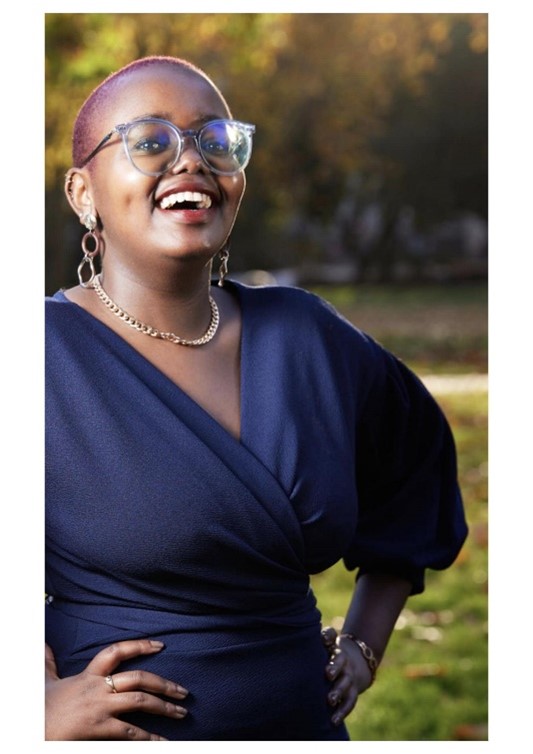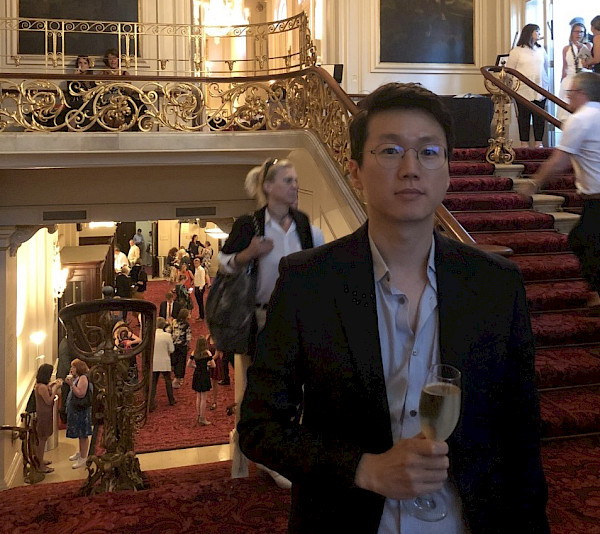 Professor Sue Konzelmann explores the history of corporate purpose and its potential to support small business growth.
Professor Sue Konzelmann explores the history of corporate purpose and its potential to support small business growth.
Ever since the Limited Liability Act of 1855, UK companies opting for that status have effectively owned themselves, and in the process, acquired a legal identity of their own. This of course, begs the question of what sort of identity – or personality – that should be, an idea that underpins the concept of organisational branding, and the wider question of corporate purpose.
People who are obsessed with money, tick-box checking or espousing values that they do not – or cannot – live up to, tend to have rather limited popularity. It’s not so very different for businesses, with the likely effect of having a negative impact on customer retention and the ability to recruit the best talent, not to mention damaging effects on the environment in which they operate.
Corporate purpose encompasses many of the same questions; but it takes a wider perspective than organizational branding, including questions such as “what are businesses actually for; and how should they relate to society and the environment?”
Corporate purpose is not a new idea. The purposes of early companies were typically public, such as building cathedrals and universities and developing much-needed economic infrastructure including transportation and finance. But by the turn of the twentieth century, for most businesses of the time, corporate purpose had shifted decisively from public to private.
Following the First World War, however, the question of whether companies should serve a public purpose was reawakened by the huge uncertainty accompanying a world depression, recurring financial crises, rapid social change, growing inequality and, of course, a devastating pandemic. If any of this sounds familiar, it’s hardly surprising that the question of corporate purpose is now firmly back on the agenda. It also strongly suggests that we didn’t get the answers right the last time we thought about it – and that we should do better this time round.
So, if it’s not about having a laser-like focus on money and doesn’t refer to window dressing, then what exactly is corporate purpose?
What it’s not may be easier to define. It’s certainly not a rigid ‘one size fits all’ approach; and perspectives often vary with role. The CEO of the world’s largest asset management company, BlackRock’s Larry Fink, for example, in his 2019 Letter to CEOs, suggested that:
“Purpose unifies management, employees, and communities. It drives ethical behavior and creates an essential check on actions that go against the best interests of stakeholders. Purpose guides culture, provides a framework for consistent decision-making, and, ultimately, helps sustain long-term financial returns for the shareholders of your company.”
In the same year, the Business Roundtable published its own perspective – a “new Statement on the Purpose of a Corporation”, signed by 181 CEOs. In it they declared that companies should serve not only their shareholders, but also deliver value to their customers, invest in employees, deal fairly with suppliers and support the communities in which they operate.
What then does all this mean, and why does it matter to SMEs? Well, with confidence in both politicians and businesses shakier than it’s been in at least half a century, defining how your business fits in is a great way to maintain the confidence of your customers, people and the places where you operate. That will do long term sustainable development no harm at all. And with SMEs often being more agile than their larger corporate counterparts, as well as contributing massively to both employment and the UK’s economy, this is clearly an area where smaller businesses can take the initiative, and drive forward positive change.
Further Information

















